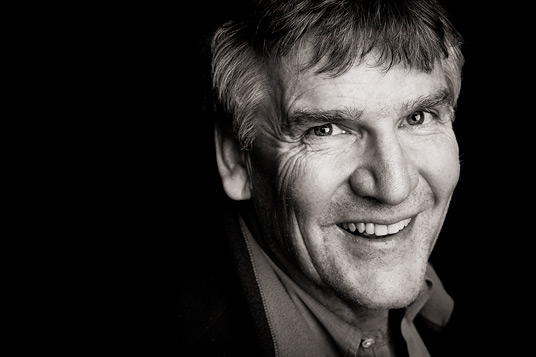
Tom Fleischner
Intentional attentiveness
THEMES: Definitions | WORKSHOP: Natural History & Education
Biography
Tom Fleischner
Tom has been on the faculty of the interdisciplinary Environmental Studies Program at Prescott College for 23 years, teaching natural history, conservation biology, and a variety of courses that link natural sciences with humanities and policy. Before that he co-founded the North Cascades Institute in Washington. Tom is the founding President of the Natural History Network and lives in the Ponderosa Pine-covered Central Highlands of Arizona, ranging from there to the Gulf of California, the Gulf of Alaska, and the Gulf of Maine, as well as the Pacific Northwest. He has written about the relationship of people and nature in a wide variety of journals and magazines, and in three books: Singing Stone: A Natural History of the Escalante Canyons; Desert Wetlands (a collaboration with photographer Lucian Niemeyer); and as editor of the new anthology, The Way of Natural History.Conversations:
Workshops:
Transcript
My own definition, that I've developed over some time, of natural history is: natural history is a practice of a focused, intentional attentiveness to the more than human world, guided by honesty and accuracy.
So in my mind, that kind of attentiveness can be directed towards almost anything. It can be directed towards rocks and landscapes. It can be directed towards shorebirds in Mexico. It can be directed towards hummingbirds in Ecuador. A friend of mine, who's a psychologist, now uses that definition of natural history to describe psychology as essentially a natural history of the psyche, a natural history of emotions. So I have found it a very useful way of thinking about it. I guess another important piece of that is natural history is not a body of knowledge, it's not a body of facts, it's a practice.


